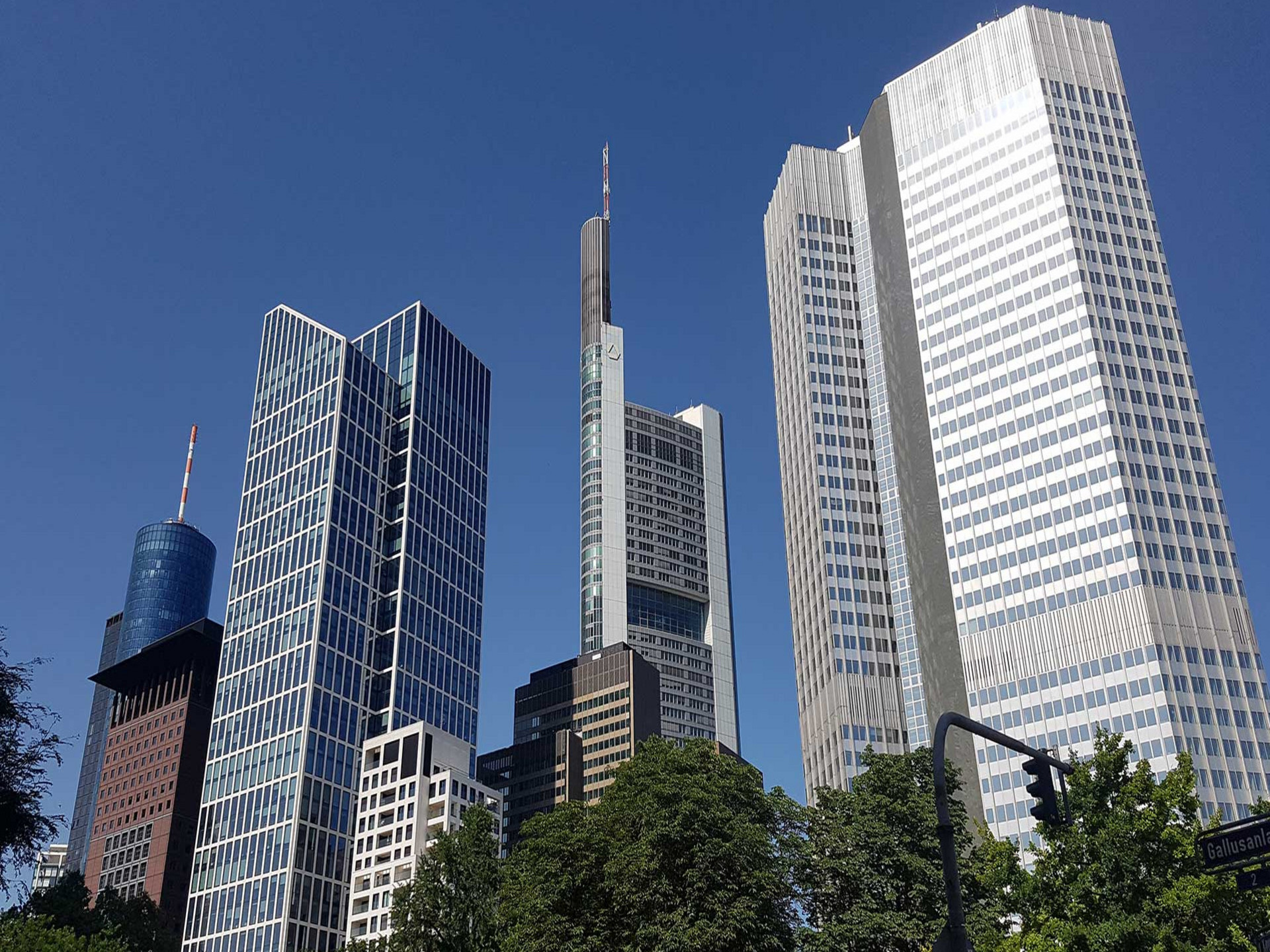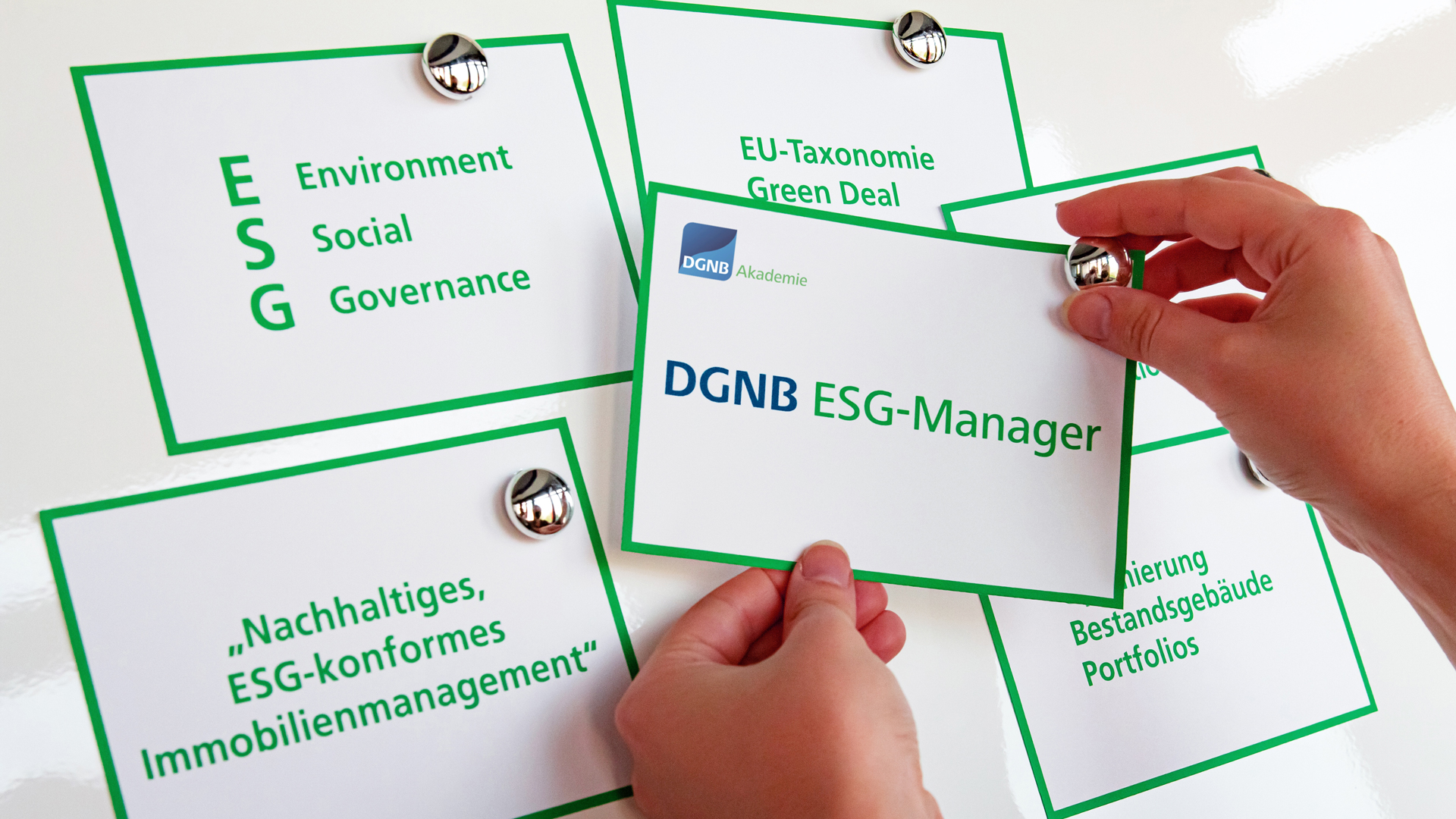By signing the Paris Agreement on climate change, in 2015 the countries of this world committed to limit the global temperature increase to 2°C and to make efforts to reach no more than 1.5°C. To do its part, the European Union has called for the transformation of the European economy into a pioneer of a sustainable and carbon neutral society. According to estimates, this transformation will require annual investments of 175 to 290 billion euros as well as new structures, which will be bundled within the so-called European Green Deal. One of the key areas addressed by the EU is "Sustainable finance". At its core, it is about reorienting capital flows towards a more sustainable economy.
In parallel with these political developments and the economic significance of climate change, sustainability issues are playing an increasingly important role in investment decisions. In line with this, and as a result of the investment required for transformation, the range of financial services that consider or require sustainability is growing. These include national funding programmes, green bonds and green mortgages.
Key factor for a sustainable construction and real estate sector
For the construction and real estate sector, sustainable finance is a key factor in the transformation towards greater sustainability. On the following pages you will find a kind of "toolbox" that gives you an overview of the background and context as well as some key terms. In addition, we present a range of DGNB activities and services on the subject that you can use in your work and projects.
The DGNB Executive Board and the Board of Directors are advised by the DGNB Real Estate Committee on all real estate-related issues.



